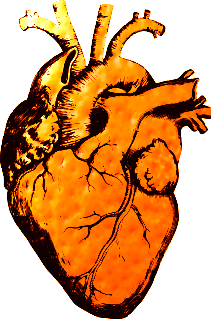Vitamin C seems to play a part stopping strokes
 A new study says foods that contain vitamin C may reduce the risk of the most common type of hemorrhagic stroke.
A new study says foods that contain vitamin C may reduce the risk of the most common type of hemorrhagic stroke.
Hemorrhagic stroke is less common than ischemic stroke, but is more often deadly. It now appears that a diet featuring fruits and vegetables such as oranges, papaya, capsicum, broccoli and strawberries could be a good way to avoid it.
A study has been conducted involving 65 people who had experienced an intracerebral hemorrhagic stroke, where a blood vessel ruptures inside the brain. They were compared to 65 healthy people.
Participants were tested for levels of vitamin C in their blood; Forty-one percent of cases had normal levels of vitamin C; 45 percent showed depleted levels of vitamin C, and 14 percent were considered vitamin C deficient.
On average, the people who had a stroke had depleted levels of vitamin C, while those who had not had a stroke had normal levels of the vitamin.
“Our results show that vitamin C deficiency should be considered a risk factor for this severe type of stroke, as were high blood pressure, drinking alcohol and being overweight in our study,” said study author Stéphane Vannier, MD, with Pontchaillou University Hospital in Rennes, France.
“More research is needed to explore specifically how vitamin C may help to reduce stroke risk. For example, the vitamin may regulate blood pressure.”
Research has previously suggested that vitamin C may have other benefits like creating collagen, a protein found in bones, skin and tissues.
Vitamin C deficiency has also been linked to heart disease.
More information on the recent survey and possible links with reduced risk of stroke will be presented at a neurological conference in Philadelphia from April 26 this year.








 Print
Print